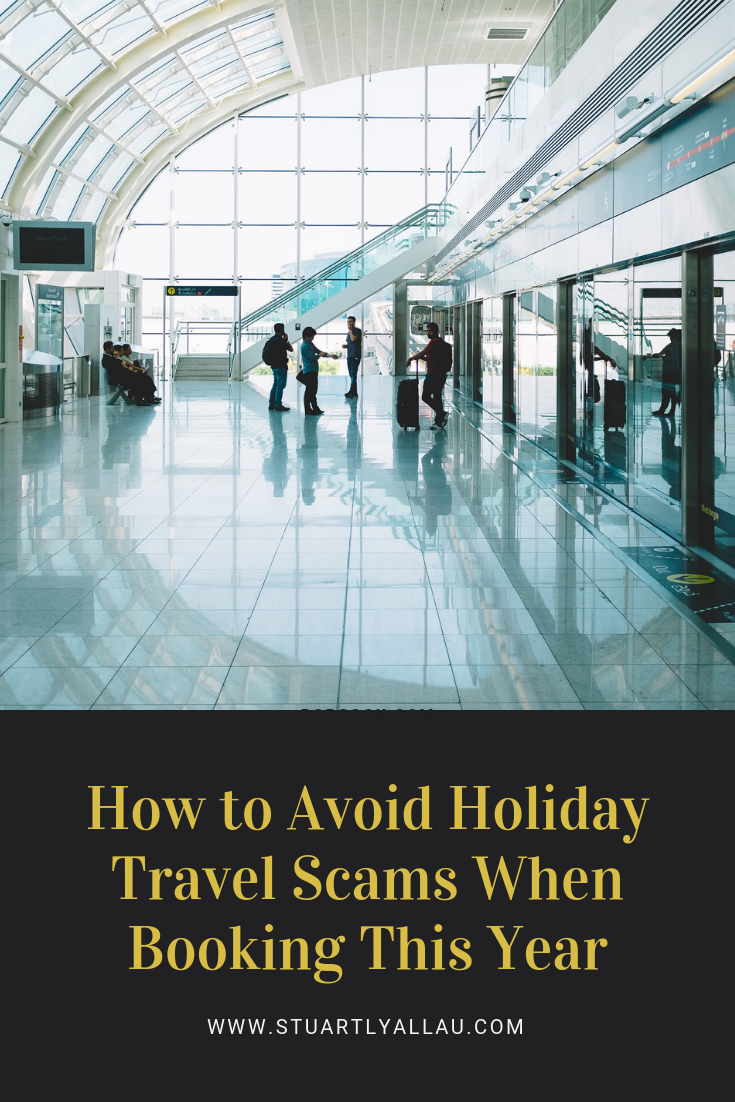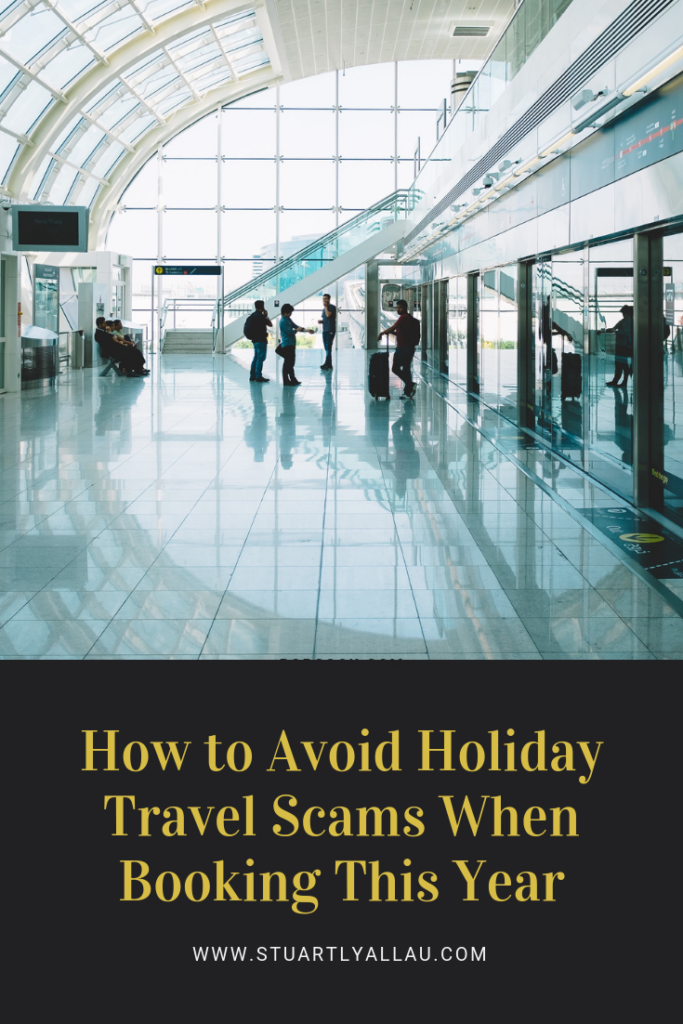How to Avoid Holiday Travel Scams When Booking This Year
There have been reports of a data breach for major airlines. So, airline travelers are the most targeted. Specifically, Cathay Pacific and Air Canada are high on the list when it comes to data breaches meaning identify and fraud is likely. Stephen Stepaniuk gives a few tips on what to look for and how to avoid them for the holiday season in 2018.

What should you look for?
There are three different ways scammers can attack:
1) Account Takeover
An account takeover is when an unknown individual gains access to the users’ login and password information to steal financial data.
2) URL-Jacking
URL jacking is a when you are looking for a confirmation email after you have booked your trip or made the reservation, but the site was fraudulent. The scammer now has access to your personal and financial information.
3) Fake Sites
Fake sites are self-explanatory. These sites look like real travel agencies, but they are not. They are disguised to allow a real customer to complete the booking process in order to steal financial information.
How can you avoid holiday travel scams?
• Having a credible security scanner on your company is important. Norton is a great anti-virus software used to fight against hackers infiltrating your computer or phone.
• Allow your web browser to let you know which sites are secure, and which are not secure.
• Make sure you look at the website that you are booking on. Do a quick Google search if you need to, so you are sure you’re on the right website before you proceed. If you are using a third-party website such as Google Flights or Trivago, check the spelling to ensure you are on the right site. Remember to look for the ‘HTTPS’ before the websites URL.
• Stephen Stepaniuk says If you find a site that has an incredible deal on travel and accommodations, research the site before you type in your credit card number. Verify the company by checking the Better Business Bureau and look at reviews. Ask friends and family or your community about the company.
• Do not use a debit card if you can avoid. A reloadable card from your local grocery store can work on sites as well. If you have a credit card issued through an airline, use it. Debit cards have more access attached to them than credit cards do. Credit cards also go through a process before funds are debited meaning you can reverse the charges if you were scammed.
With debit cards, the money is gone immediately.you’re Do not wait for an email. Phone calls can be a hassle at times, but during the holiday season, it is important to call the company you just booked with or made reservations with to confirm. If they do not have your named listed then it’s time to put your card on hold and run a scan on your computer. This is something you do not want to deal with when you arrive.
• If the charge did not go through on the site, there was not a declined page, you were not able to ensure the purchase and there was not a “freezing point” – internet cut out for a second – then Stephen Andrew Stepaniuksays do not enter your card number again. Some scammers will call or email you to have you enter your information again because something happened on their end. Nothing happened on their end; end the call and call the company yourself.
Staying safe during the holidays does not only mean physically but staying safe financial. Keep identity stealers at bay by having an anti-virus and malware on your computer, carefully look at websites, research third-party companies if you are considering a travel deal and avoid using a debit card if you can. If a debit card is the only option, check your statement immediately and double check with the company.
